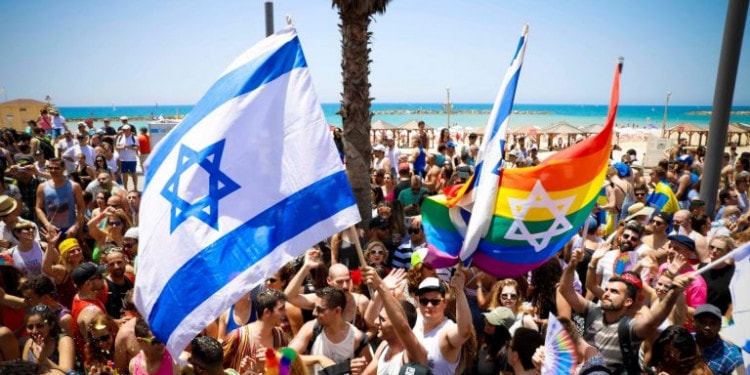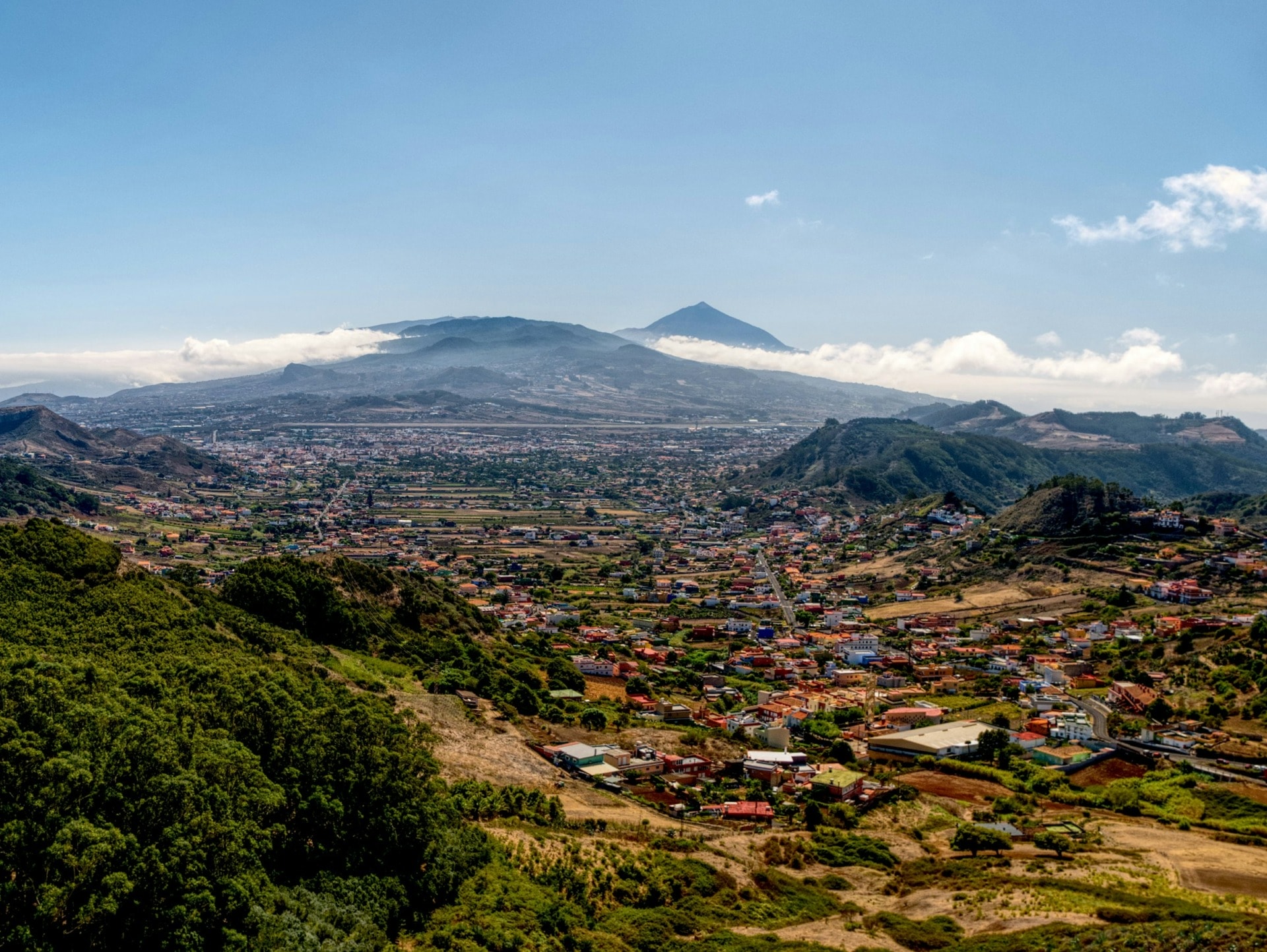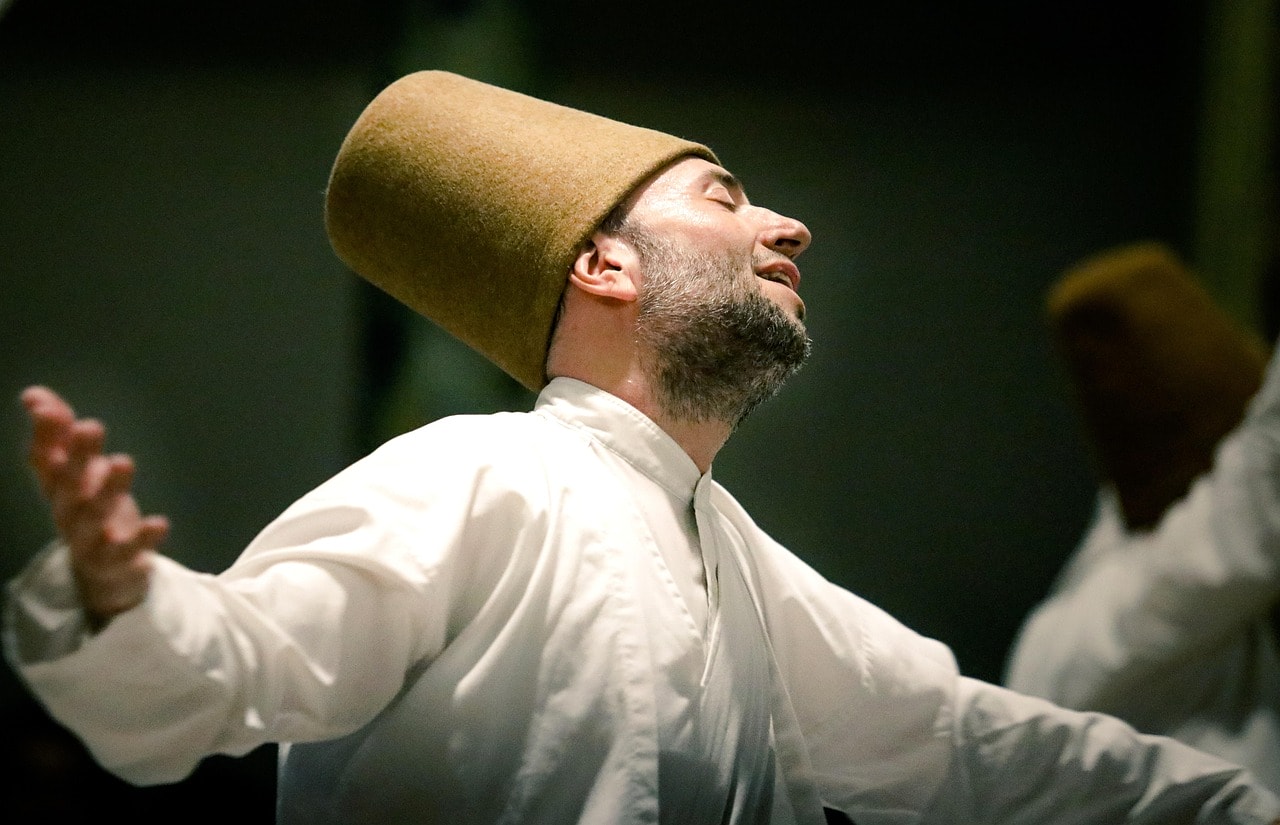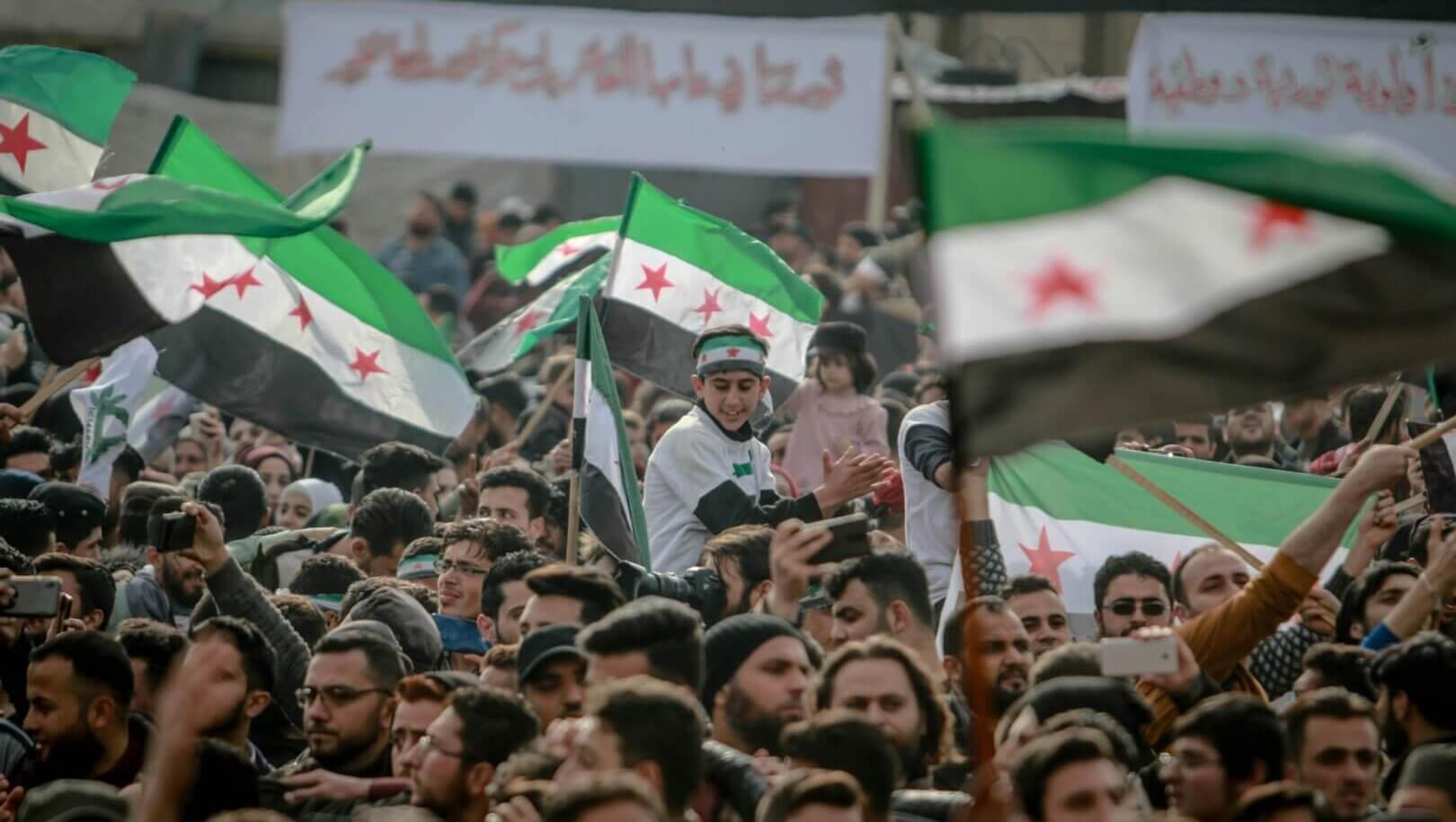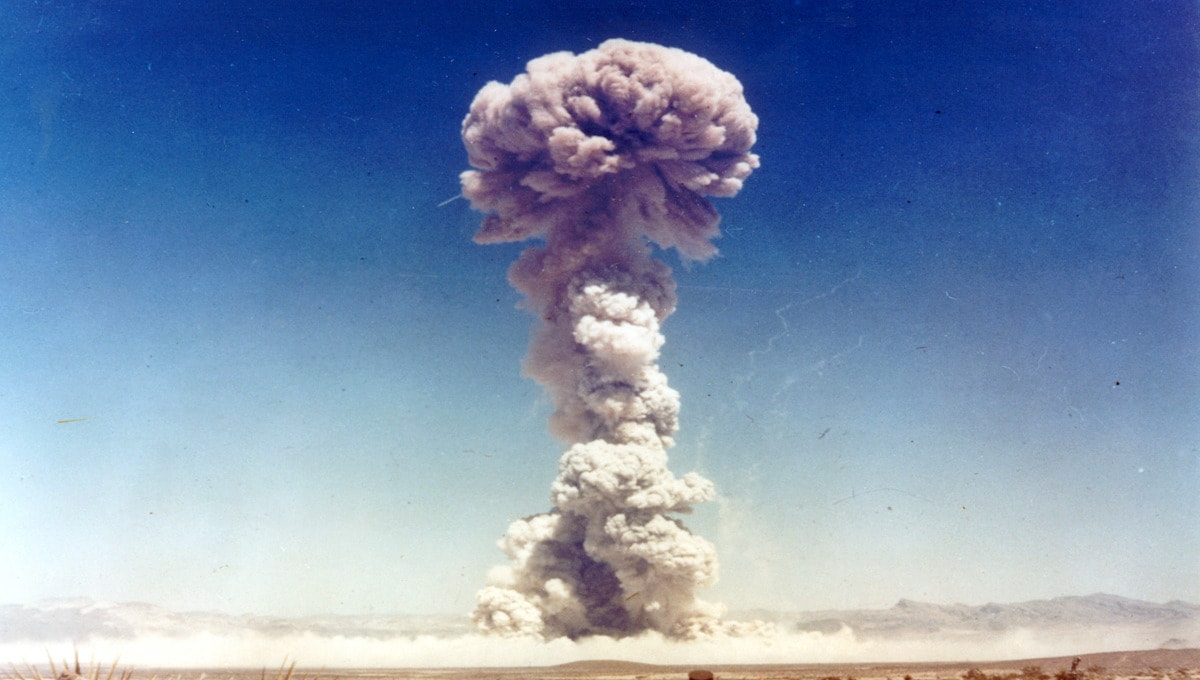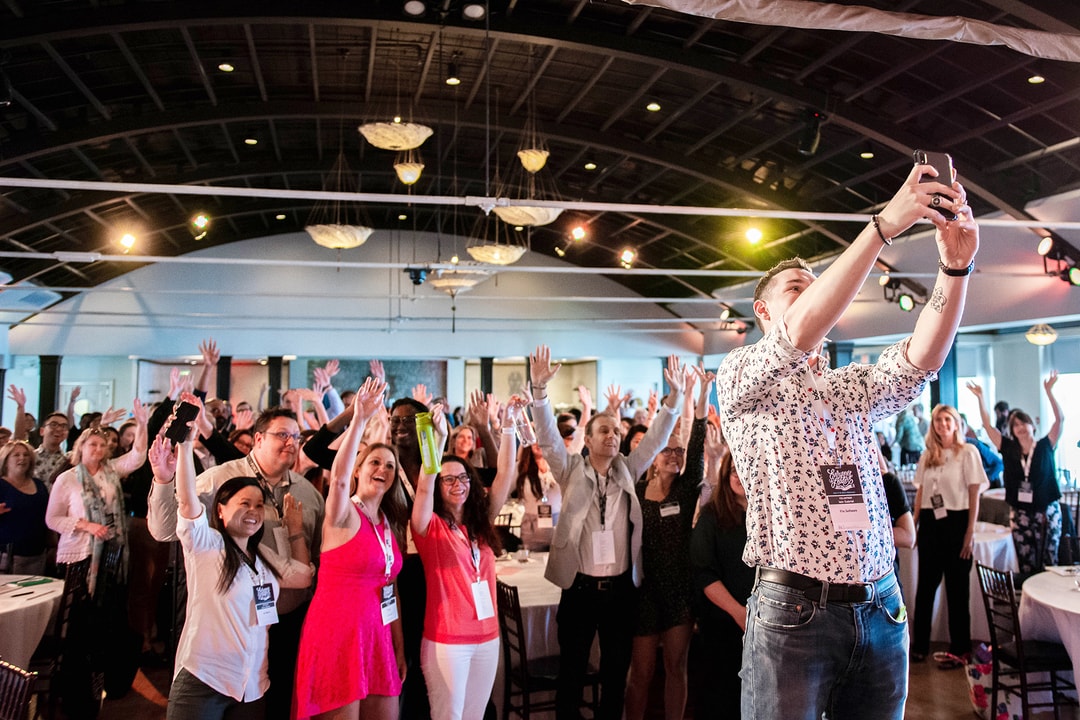Pride walks in big cities such as London and New York have once again celebrated the LGBT+ community, with London attracting over 1.5 million people and making it the city’s biggest Pride yet. However, when it comes to the Middle East, the headlines differ from those of the West. With arrests in Egypt, police intervention in Lebanon and Turkey, Middle East remains one of the most intolerant and dangerous regions for LGBT+ activity. Here are some countries of the region and their attitude towards LGBT+ communities.
Turkey
I was 18 and had just finished high school when I went to Istanbul Pride for the first, and hopefully not the last time in 2015. Instead of it being a peaceful and fun environment like London Pride which I experienced last summer, the police intervened. My friends and I still had a great time, walking through Taksim in order to do what we can for the silenced LGBT+ community of Turkey, yet it was with a side of teargas and police brutality. This year, Istanbul Pride got banned for the 5th time in a row by the governor’s office without a legitimate reason. The main reason put forward was the ‘lack of security’ during pride walks, which sounds quite ironic considering the constant abuse and threats the LGBT+ community of Turkey face.
Since the brutal murder of Hande Kader, a transgender sex worker, in 2016, many members of the LGBT+ community are in constant danger of attack. This further pushes them to the margins of the community, struggling to live freely and with their true identity. Although organisations like Red Umbrella exist, until the government protects them, they will always be in danger.
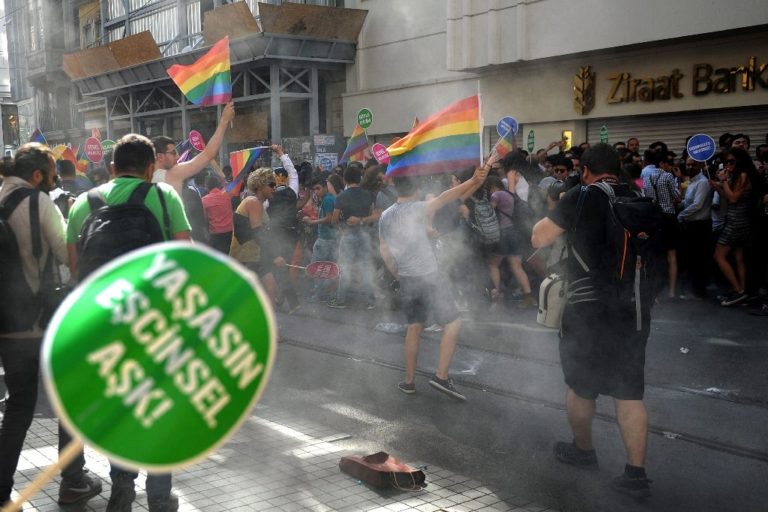
Egypt
Although there isn’t an established Pride Week like the other countries, the Egyptian LGBT+ community still try to make their voices heard. On 22nd September 2017, during a concert of the Lebanese band Mashrou’Leila, some of the LGBT+ youth in the crowd raised rainbow pride flags as a public demonstration of support towards the community. Although homosexuality is ‘de jure’ not a crime, the government started a national manhunt against the individuals with the flags and conducted dozens of arrests on debauchery charges. They further banned Mashrou’Leila and their openly gay frontman from ever performing in Egypt again.
From 2017 onwards, the authorities have started searching concertgoers ahead of every concert, including Red Hot Chili Peppers in March 2019, stating that ‘flags for the gays’ are not allowed. This excessively authoritarian move by the authorities once again showed their attitude towards the rights of expression of the LGBT+ community. Banning a band like Mashrou’Leila that offers queer visibility and expression globally shows that the post-Muslim Brotherhood Egyptian regime is not that different in values.
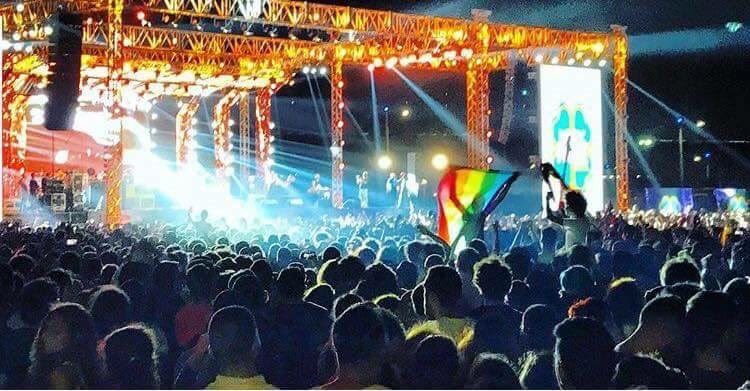
Lebanon
As a rarity in the Arab world, Beirut Pride takes place each year as a festival featuring concerts, health workshops and conferences celebrating the country’s LGBT+ community. Although progressive than most of the Middle East, Article 534 of the Lebanese penal code still punishes ‘unnatural sexual relations’ and uses it as the legal framework to prosecute members of the LGBT+ community.
On the 14th of May 2018, the organiser of that years Beirut Pride Hadi Damien was arrested halfway through the activities of the festival which usually lasts 4-5 days. Although he was released the next day, it was only after the authorities made him commit in writing to end the festival. Criminal proceedings against Damien were initiated a couple weeks after Pride under the claims of ‘organising events that breach public order’.
‘The more organised you are, the more attacked you get’, said Damien. This shows that although more modern compared to the rest of the region, as a country where the majority of the population is Muslim, Lebanon still does not display neither sympathy nor tolerance to the organised celebration of the existence of its queer community.
If allowed, 2019 Beirut Pride will take place at the end of September.
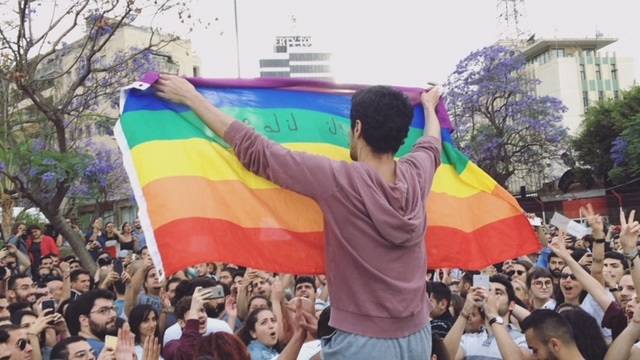
Israel
Differing from the previously mentioned Muslim-dominant countries, Israel has a much more tolerant and sympathetic approach towards it’s LGBT+ community. Since 1979, Tel Aviv Pride has been one of the biggest events of the Middle East regarding its LGBT+ community. As of 2019, it is officially the largest LGBT+ event of the Middle East.
With many beach parties, walks, and concerts this year’s parade had over 250.000 participants. The attitude of the government appears very supportive towards the Pride Parade of Tel Aviv, with Israel’s Justice Minister also being a participant in the crowd and Reuven Rivlin, the president of Israel, sending a message of support. This can potentially be considered as an official recognition and support of LGBT+ rights on the surface, yet the Israeli government is far from being fully tolerant with their education minister voicing support for ‘gay conversion therapy’ just days after Pride.
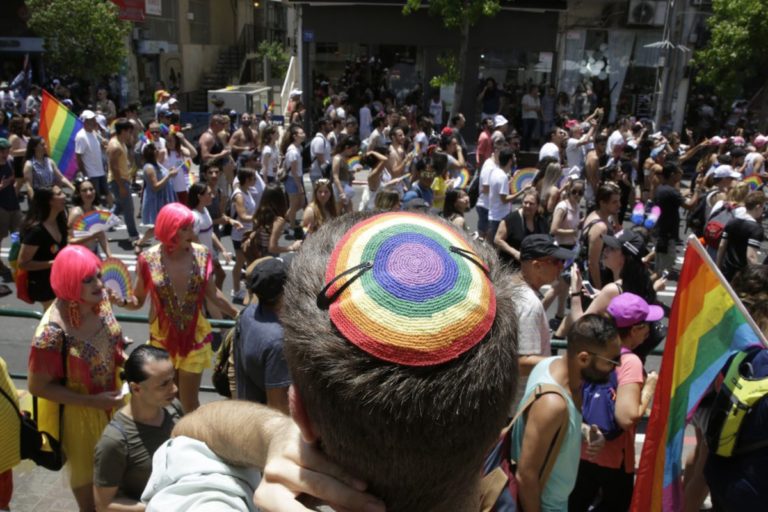
Overall, it can be said that although the attitude of most Middle Eastern regimes remains intolerant, oppressive and inconsistent towards their LGBT+ communities, with the people’s passion, longing for expression and visibility and their relentless efforts will slowly yet surely bring change.
Editor’s Note: The opinions expressed here by Impakter.com columnists are their own, not those of Impakter.com – In the cover picture: Tel Aviv Pride. Photo credit: Israel 21c


